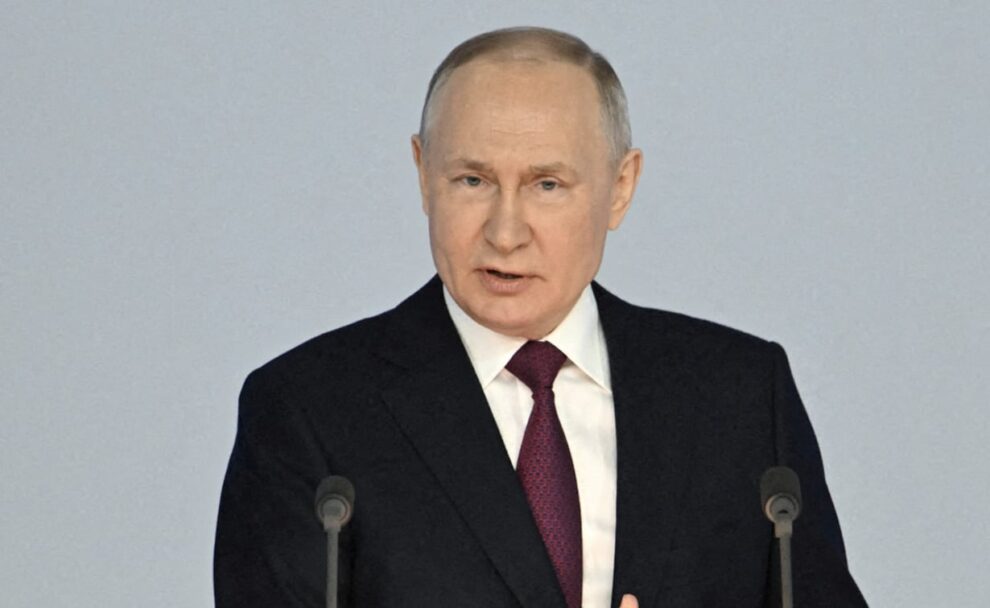The China and Russia-led BRICS economic bloc has received membership applications from 19 countries ahead of a June summit, potentially expanding the group’s influence throughout the Middle East and Africa.
“What will be discussed is the expansion of BRICS and the modalities of how this will happen,” South Africa’s BRICS Ambassador Anil Sooklal said, according to Bloomberg. “Thirteen countries have formally asked to join and another six have asked informally. We are getting applications to join every day.”
The group, originally comprised of Brazil, Russia, India and China, was referred to as BRIC by Goldman Sachs in 2001 before adding South Africa in 2010. An economist had labeled the countries as the fastest-growing economies that would collectively dominate global commerce by 2050, and the group is looking to capitalize on that potential with an expansion.
China first floated the idea of expansion last year during its tenure as chair of the bloc, suggesting that it might help counter the United Nations’ “dominance” of developed countries at the world body.

Other bloc members initially opposed the idea, raising concerns that China aimed to admit its close allies and thereby dilute the influence of other members – an already daunting prospect as China’s current GDP already eclipses the others by almost twice their value combined.
The bloc eventually agreed to review candidates, prompting applications from across the Middle East and Africa. Influence within Africa has developed into a major goal for Russia and China due to its rich resource availability
The U.S. State Department indicated to Fox News Digital that it has an “affirmative” American policy regarding Africa

“We lead with an affirmative agenda for Africa, demonstrating the benefits of our governance and economic models,” a State Department spokesperson told Fox News Digital. “U.S. policy does not ask our partners to choose between the United States and other countries.”
“Secretary Blinken emphasized that the United States does not want to limit African partnerships with other countries and wants African countries to have choices on how to deliver results to their citizens,” the spokesperson continued. “Our vision for economic development promotes democratic governance, respect for human rights, and transparency.”
“Our focus is on strengthening local capacity, creating African jobs, and working with our partners and allies on economic development that is beneficial, sustainable and inclusive over the long term.”
The foreign ministers from the current five members will review the applicants and discuss “hot spots,” including Sudan, at the June summit.
Aspiring members include Saudi Arabia and Iran – both of whom already recently joined the Chinese-run Shanghai Cooperation Organization – as well as Egypt, Bahrain, Algeria, two nations from East Africa and another from West Africa, which remain unidentified at this time. Other applicants include Argentina and Indonesia, indicating the truly global reach that BRICS has aimed to achieve.
The group also had explored the potential for a common currency among its members in a move that would directly challenge and weaken the dollar’s strength internationally, Foreign Policy reported. Russia and China have previously floated the idea but now appear to be pursuing it through BRICS.
Joseph W. Sullivan, a senior adviser at the Lindsey Group and former special adviser and staff economist at the White House Council of Economic Advisors during the Trump Administration, wrote that the BRICS-backed currency “really could dislodge the U.S. dollar as the reserve currency” for its members and “actually” has potential to “usurp, or at least shake” the dollar’s strength.
“Either way, the dollar’s reign isn’t likely to end overnight – but a BRIC [currency] would begin the slow erosion of its dominance,” Sullivan wrote.
The United Nations did not respond to a Fox News Digital request for comment.
Source : Fox News
















